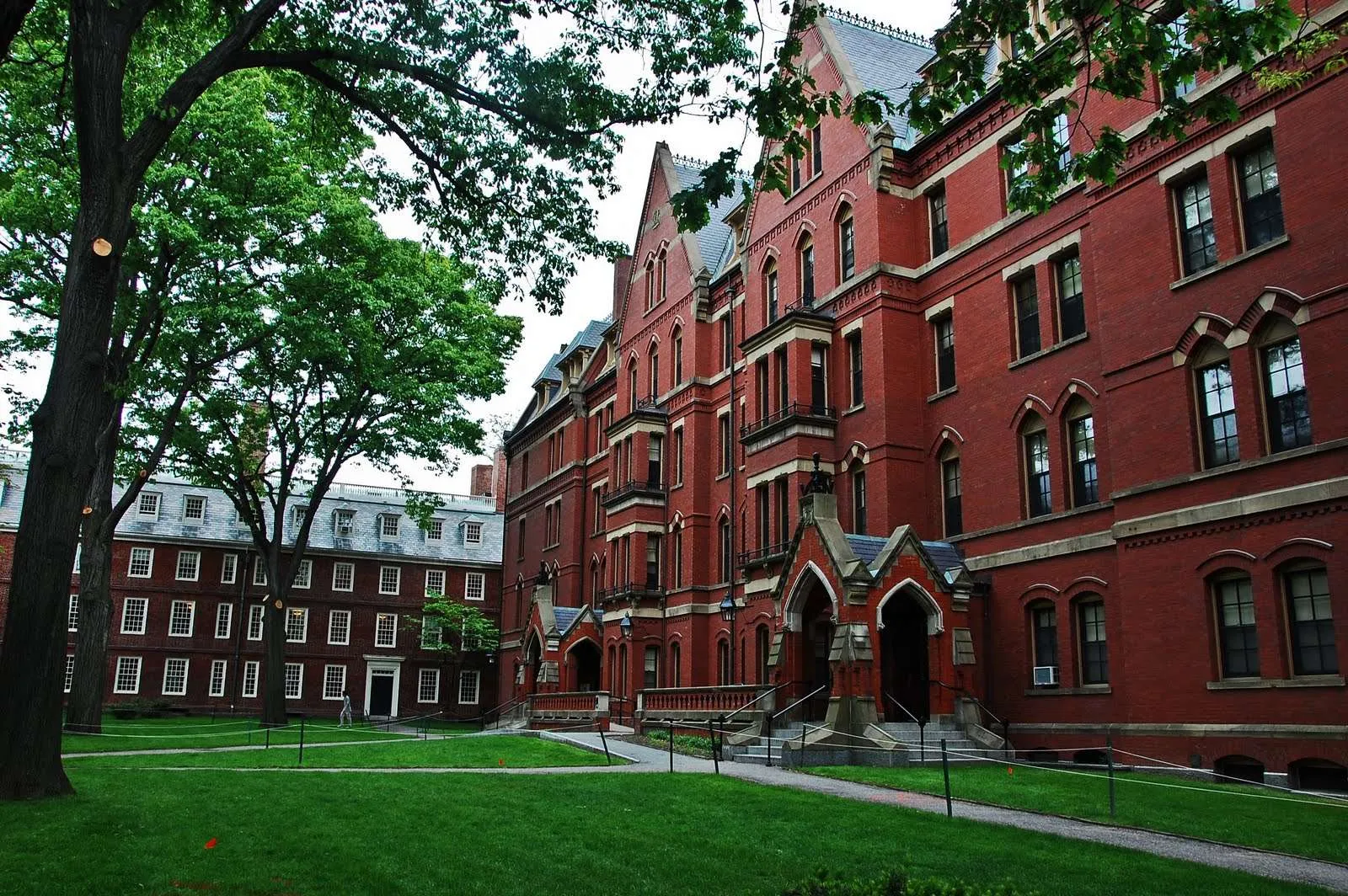Already a subscriber? Make sure to log into your account before viewing this content. You can access your account by hitting the “login” button on the top right corner. Still unable to see the content after signing in? Make sure your card on file is up-to-date.
A judge has temporarily blocked the Trump administration’s attempt to revoke Harvard University’s ability to enroll international students following the administration’s announcement that it would strip the university of its certification over alleged national security concerns and failure to comply with federal demands.
Some shit you should know before you read: If you’re unaware, Harvard and the Trump administration have been at each other’s necks over a months-long standoff fueled by demands from the Department of Education and the Department of Homeland Security (DHS) that Harvard overhaul its admissions practices, faculty hiring, and campus policies. The beef began when the administration’s Task Force to Combat Antisemitism demanded that Harvard submit detailed disciplinary records, protest activity documentation, and internal data on international students, as well as implement reforms curtailing diversity, equity, and inclusion (DEI) initiatives and expanding federal oversight into hiring and admissions decisions. Harvard’s president rejected the demands, calling them “unlawful and unwarranted” and warning that compliance would compromise the university’s academic independence and violate constitutional protections. In response to Harvard’s refusal, the Trump administration retaliated by stripping the university of nearly $3 billion in federal research funding, triggering the first of two major lawsuits filed by Harvard in federal court. That lawsuit, still pending, argues that the administration’s actions amount to punitive retaliation against the university for exercising its First Amendment rights and resisting political interference.

What’s going on now: In a notable development, Judge Allison D. Burroughs issued a temporary restraining order blocking the Trump administration’s attempt to revoke Harvard University’s certification under the Student and Exchange Visitor Program (SEVP). The order, issued just hours after Harvard filed an emergency motion, prevents DHS from enforcing its May 22 directive, which would have forced the university’s more than 6,000 international students—about 27% of its total student body—to either transfer institutions or lose their legal immigration status.
The Trump administration, led by DHS Secretary Kristi Noem, justified the move by citing national security concerns and alleged campus misconduct. Noem accused Harvard of “fostering violence, antisemitism, and coordinating with the Chinese Communist Party on its campus” and said that “it is a privilege, not a right, for universities to enroll foreign students and benefit from their higher tuition payments.”
Noem also claimed Harvard had “ignored” requests for further documentation and failed to meet “simple reporting requirements.”
In a statement, Harvard University President Alan M. Garber condemned the Trump administration’s actions as “unlawful and unwarranted,” arguing that the move “imperils the futures of thousands of students and scholars across Harvard and serves as a warning to countless others at colleges and universities throughout the country who have come to America to pursue their education and fulfill their dreams.”
A Harvard spokeswoman further criticized the administration’s claims and tactics, stating that this “retaliatory action threatens serious harm to the Harvard community and our country and undermines Harvard’s academic and research mission.” The university has pledged continued support for its international student population as it prepares for a critical court hearing on May 29 that could decide the longer-term outcome of the case.







